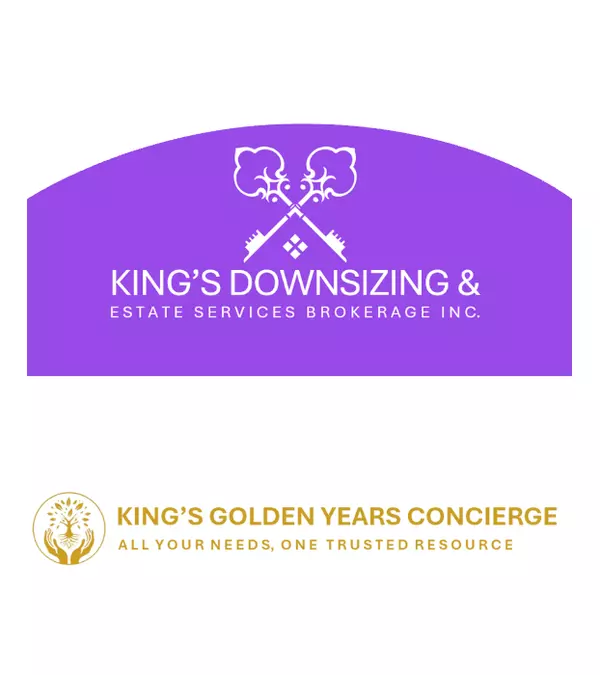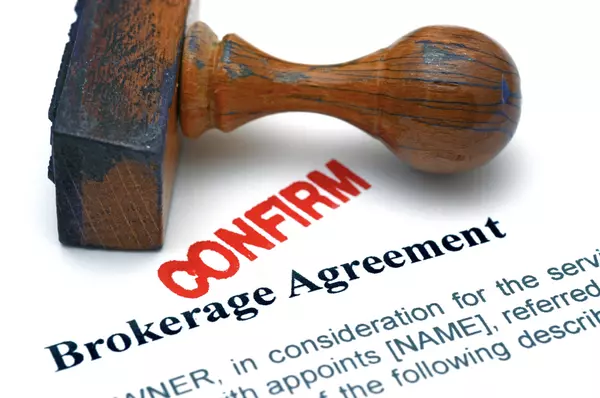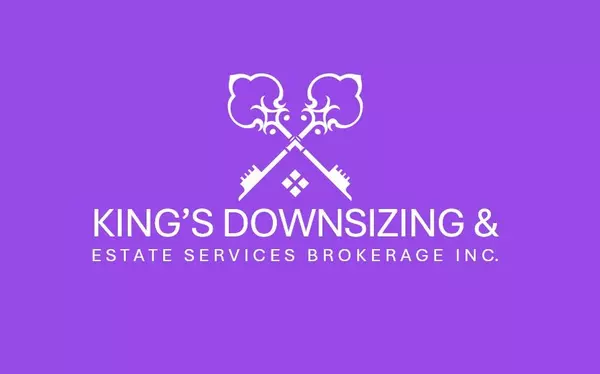Navigating Cross-Border Estate Settlement: A Guide for Executors

Settling the estate of a loved one can be an emotionally challenging and legally complex process, especially when it involves navigating cross-border implications. For individuals who are based out of province or out of country and are managing an estate in Ontario, Canada, ensuring clarity and compliance with both Canadian and U.S. laws is paramount. To provide guidance and support during this intricate journey, we've compiled a comprehensive guide outlining key considerations and questions to ask when engaging with an accountant.
Understanding the Legal Framework:
Navigating the legal landscape is the cornerstone of a successful estate settlement process. Executors must understand the key differences between Canadian and U.S. estate laws, including regulations governing probate, inheritance, and asset distribution.
Taxation Matters:
Tax implications play a significant role in estate settlement, and it's essential to address potential tax liabilities for both Canadian and U.S. beneficiaries. Executors should inquire about foreign tax credits or deductions to optimize tax efficiency across borders.
Documentation and Reporting Requirements:
Proper documentation and timely reporting are crucial for compliance with tax authorities in both countries. Executors must understand the specific forms and filings required for the estate settlement process in Canada, as well as the timeline for submission.
Navigating Banking and Financial Matters:
Transferring funds between Canadian and U.S. bank accounts may present challenges, including potential restrictions and currency exchange implications. Executors should seek guidance on closing or transferring ownership of Canadian bank accounts and investments to ensure seamless financial transactions.
Timelines and Deadlines:
Deadlines are critical in estate settlement, and executors must be aware of key timelines to avoid delays or penalties. Understanding the deadlines for completing various tasks within the estate settlement process is essential for effective planning and execution.
Effective Communication and Updates:
Clear and frequent communication with the accountant is essential for staying informed about the progress of tax filings and addressing any questions or concerns that may arise. Executors should establish the preferred method of communication to ensure efficient collaboration.
Conclusion:
Navigating cross-border estate settlement requires meticulous attention to detail and a comprehensive understanding of both Canadian and U.S. legal and tax frameworks. By asking the right questions and working closely with knowledgeable professionals, executors can navigate this complex process with confidence and ensure compliance with all relevant laws and regulations.
I hope this guide serves as a valuable resource and empowers executors to effectively manage their loved one's estate across borders. If you have any questions or need further assistance, please don't hesitate to reach out.
Désirée King
REALTOR®, Certified Executor Advisor (CEA)
416-333-8520
Categories
- All Blogs 73
- 55+ Living Communities 20
- Aging-In-Place 16
- Community Engagement 3
- Concierge 13
- Decluttering 8
- Downsizing 31
- Estate Planning 6
- Estate Settlement 26
- Fall Prevention 11
- General 18
- Home Safety 8
- International Retirement Living 4
- Land Lease 6
- Life Lease 7
- Lifestyle 15
- Out of Town Estate Settlement 24
- Probate 22
- Real Estate 4
- Retirement Residences 17
- Tax Returns 4
- Wealth Transfer 21
Recent Posts











"Empowering transitions, cherishing legacies. At King's Downsizing & Estate Services, we transform the complexities of change into journeys of compassion and preservation." - Desiree King
